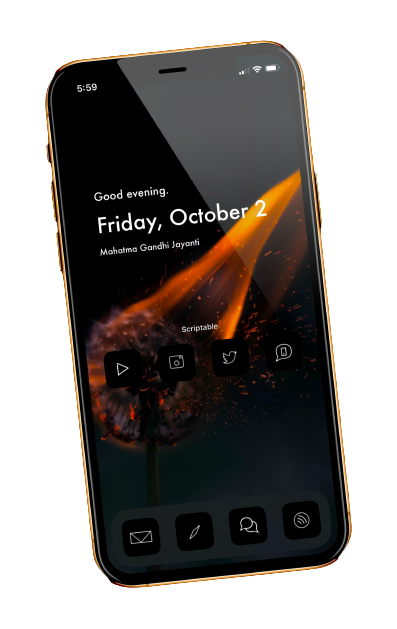Native Applications
Application means the application that lives on the users’ devices and they can access it through the home screen. Typically, native apps are acquired through the App Store or Google Play. One of the significant differences between native app vs web app is the programming languages. While web apps are written primarily in Javascript, native apps use different languages depending on which platform they are built on. For example, Java is used for native Android apps, Swift or Objective-C for native iOS apps, and C# for most Windows Phone apps.
Once installed on the devices, they can gain access to all the device features such as camera, GPS, accelerometer, compass, contacts list, and so on. Additionally, native apps have other capabilities like being able to incorporate gestures (either standard operating-system gestures or new, app-defined gestures), use the device’s notification system, and work offline.
Native Mobile Development Tools
A native development tool is software which developers use to create applications for a single particular system family, platforms, or devices, like Android and iOS. Each native app for a specific mobile platform is written using its native programming language, specifically are:
- Objective-C or Swift for iOS.
- Java or Kotlin for Android.
- C# for Windows Phone.
As each platform has different guidelines in terms of typography, gestures, graphic styles, visual effects, data entry, and more, the developers should stick to those before starting on native app development.






